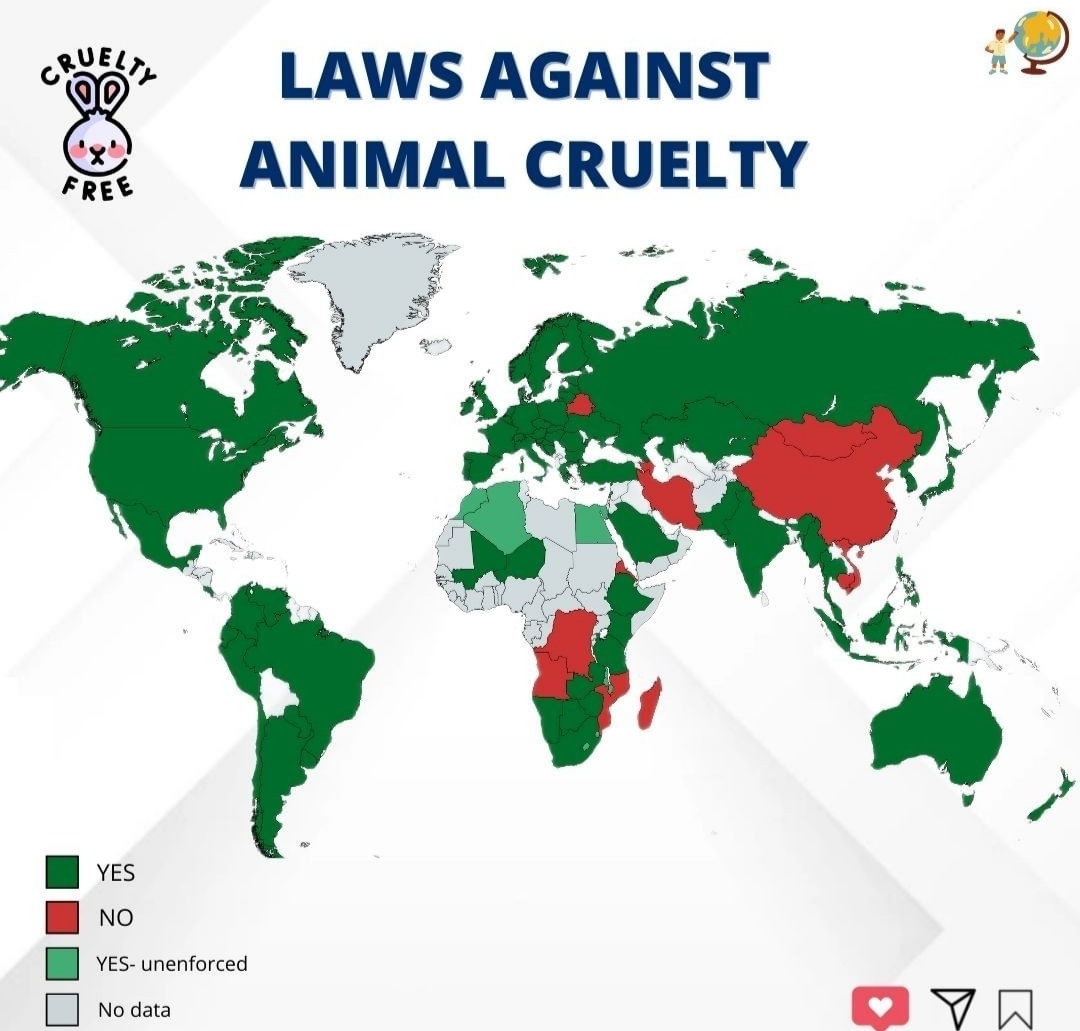Animal cruelty is a pervasive issue that extends far beyond the immediate pain inflicted on the animals. It is a reflection of societal values and ethics, posing a question that challenges our moral compass: Why do we allow the suffering of sentient beings to continue, often with minimal repercussions for the perpetrators? The crux of this dilemma lies in the inadequacies of the current penal system regarding animal cruelty cases, where fines may serve as mere slaps on the wrist for those who inflict pain on the innocent. This article will delve into why animal cruelty should be penalized more rigorously—and why it is time to reconsider the legal ramifications involved in these offenses.
To begin with, it is crucial to understand the multitude of forms that animal cruelty can take. From neglect and abandonment to outright abuse, the spectrum of cruelty is vast. Many states impose financial penalties for such acts, but these fines tend to be disproportionately lenient, failing to capture the severity of the offenses. In cases where the penalties are strictly monetary, the underlying psychological issues of the offenders are rarely addressed. This leads us to ponder: Are we truly deterring future acts of cruelty by simply imposing fines?
The insidious nature of animal cruelty is closely intertwined with broader societal implications. Individuals who exhibit violent behaviors towards animals may also pose risks to human members of society. Research increasingly supports the concept of the “link” between animal abuse and interpersonal violence. A shocking statistic reveals that many serial killers have a history of animal cruelty in their past. This connection begs an unsettling question: What kind of message are we sending when we merely fine someone for committing acts of brutality against animals?
The argument that fines do not serve as an adequate penal measure emerges from this complexity. Financial penalties may relieve offenders of their responsibilities without compelling them to confront their actions. Indeed, fines can be viewed as a mere transaction, insufficiently aligned with the ethical and moral obligations owed to sentient beings. Instead, humane societies and advocates propose that we need to address animal cruelty with a multi-faceted approach that includes not only fines but also restrictions on ownership, prison time, or mandatory psychological counseling.
Enforcement of the law is another critical aspect to consider. Many jurisdictions have insufficient resources to rigorously investigate and prosecute cases of animal cruelty. This inadequacy allows offenders to act with impunity, thereby normalizing violence against animals. Implementing harsher penalties will necessitate better funding for humane law enforcement, which in turn creates a more serious societal approach to the problem. Imagine a society where the prosecution of animal cruelty is treated with the same gravity as other forms of violence; this change could create a powerful deterrent against such behavior in the first place.
Moreover, the public interest in animal welfare has grown considerably in recent years. Social media campaigns and grassroots activism have raised awareness about the plight of animals. This shift in societal values indicates that people are more willing to support stringent penalties for cruelty. Therefore, it is not merely a legal issue, but a moral imperative that reflects societal conscience. By revising the legal framework to impose penalties beyond fines, legislative bodies can align the law with public sentiment, resulting in a society that values compassion and accountability.
Additionally, imposing stiffer penalties can also serve as an educational tool. Penalizing animal cruelty through imprisonment or community service might compel offenders to engage with animal welfare organizations, fostering a deeper understanding of the responsibilities associated with animal stewardship. Such educational approaches can evoke empathy, transforming potential abusers into advocates for animal rights.
Furthermore, it can be argued that certain kinds of cruelty require distinguishing between negligence and intentional harm. Currently, laws often conflate these two categories, homogenizing different types of offenses and failing to recognize the varying degrees of culpability. A tiered penalty system may help establish a clearer framework, whereby individuals who display egregious malice face far more severe consequences than those whose negligence stems from ignorance or lack of resources.
In conclusion, the call for animal cruelty to be penalized rigorously rather than merely fined is a reflection of our moral obligations to the voiceless inhabitants of our world. A combined approach that includes harsher penalties, greater enforcement resources, educational initiatives, and a recognition of the linkage between animal abuse and broader societal violence is paramount. As we step into a future where our values align with our actions, the question remains: What kind of society do we aspire to be when faced with the suffering of the vulnerable? It is incumbent upon us to advocate for a legal system that unequivocally protects those who cannot protect themselves. By doing so, we affirm our humanity while fostering a culture of empathy and respect for all living beings.








